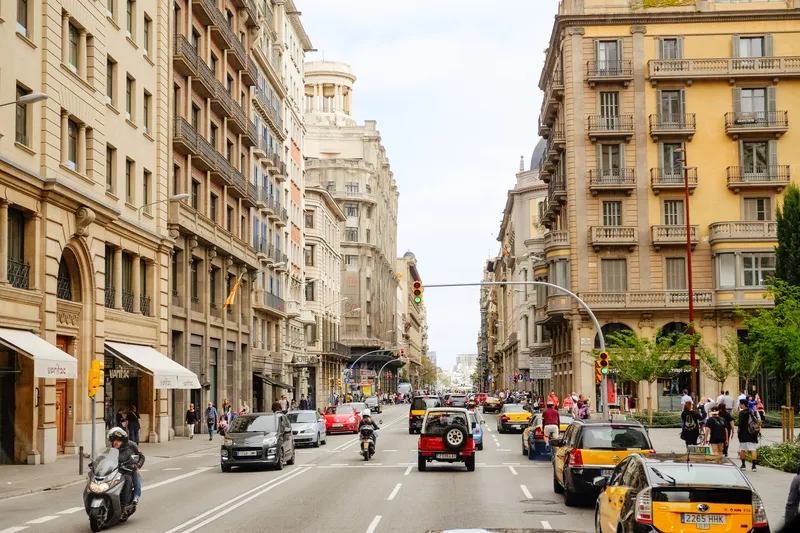
The European Investment Bank (EIB) is to pledge €95 million to 40 projects aimed at mitigating climate change - and urban mobility will be at the heart of it.
Up to 25% of the funding will go towards regenerating a 200,000m2 area of the city around the concept of “superblocks” to give residents better access to facilities.
This involves grouping buildings into blocks where traffic is only permitted around the perimeter and priority is given to pedestrian areas, low-speed zones and recreational green spaces, the bank adds.
“Adapting our cities to a more sustainable model is key to achieving the EU objective of climate neutrality by 2050," says EIB vice president Emma Navarro.
"As such, one of the EIB’s main priorities is to support urban regeneration to promote clean and inclusive growth that benefits the public while also helping to combat climate change.”
The 40 projects will be implemented in collaboration with the Municipality of Barcelona.
Deputy mayor Jaume Collboni says: “The agreement also comes as some good news as the city grapples with the repercussions of Covid-19, as it will enable the administration to free up money from the budget to better respond to the crisis.”










